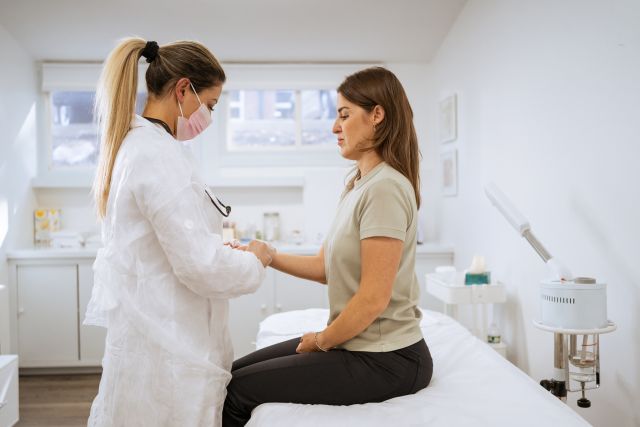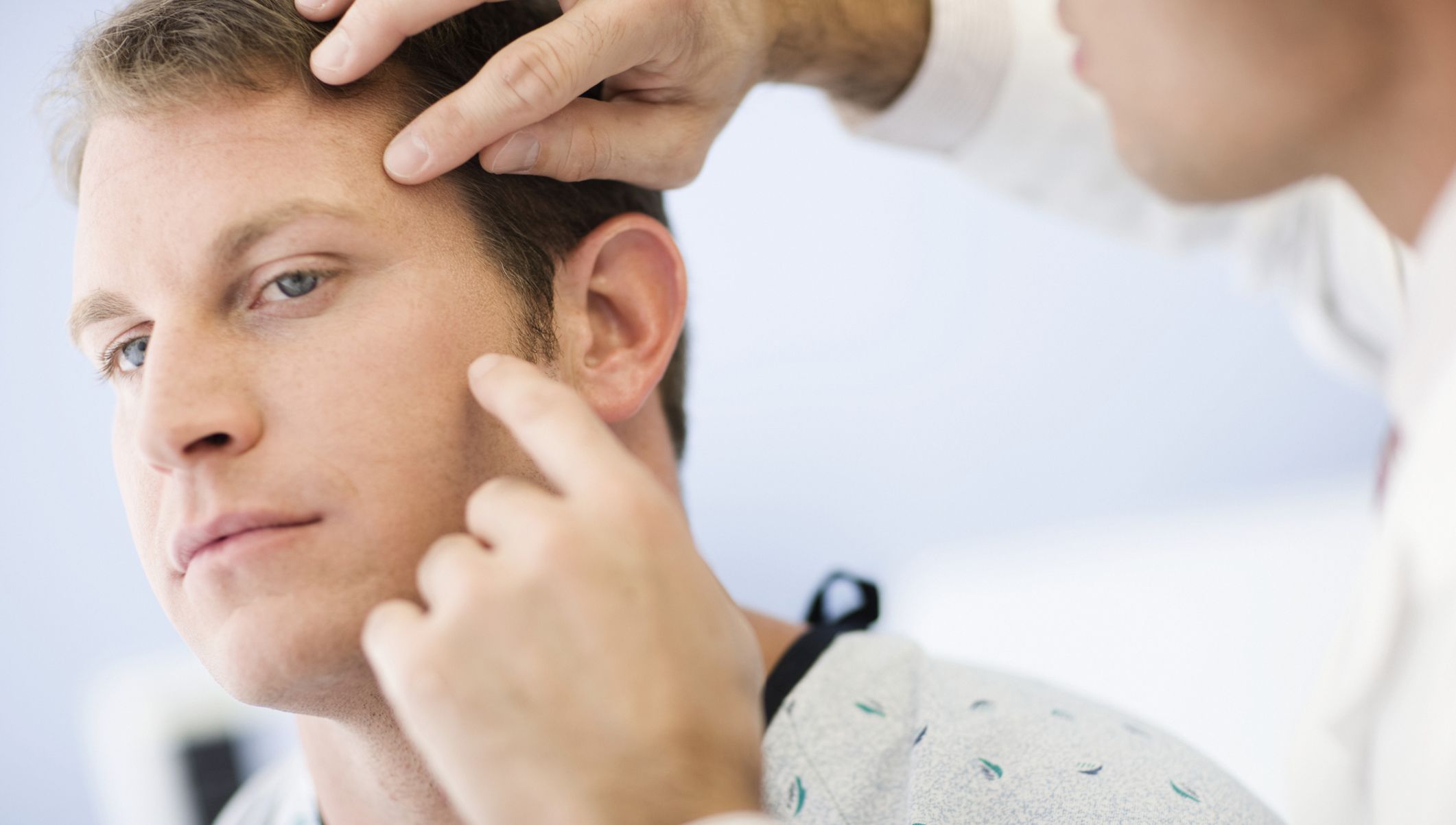The right treatment for psoriasis and psoriatic arthritis can ease your pain and discomfort. It can also help you have symptoms less often. Do all you can to understand your treatment plan completely—how to follow it, what to expect and what to do if it's not working.
You may want to ask your doctor:
- What are my medications, how do I take them and what will each one do for me?
- How will we know if my treatment is working?
- What are the possible side effects?
- If I have side effects I can't tolerate, what should I do?
- What should I do when I have a flare-up?
- Are there other treatments that may help my skin symptoms (such as phototherapy, methotrexate, biologics or other immune system drugs)?
- Are there other treatments that may help my joint symptoms (such as pain relievers, steroids, methotrexate, biologics, combined therapy, physical therapy or surgery)?
- If you're starting me on new medications, should I keep taking the old ones?
- Are there any alternative or complementary therapies that may help?
- How often should I come back for follow-up visits?
- If I'm being treated for other health conditions, what should I know or do?





